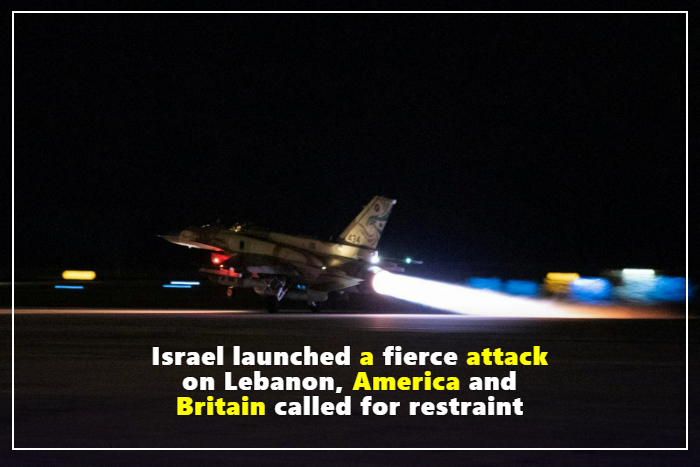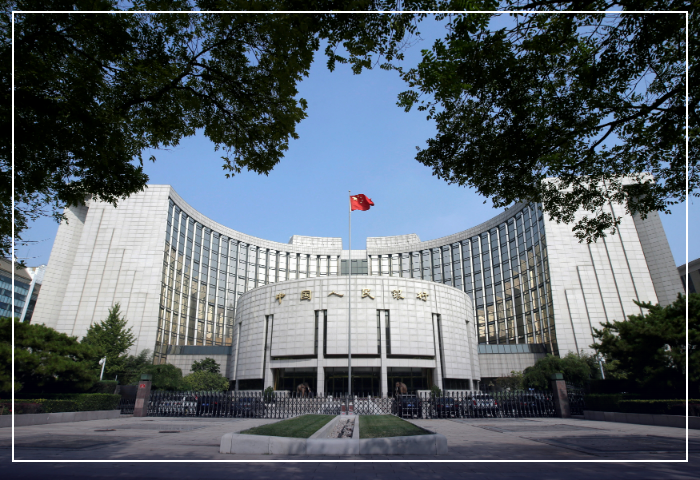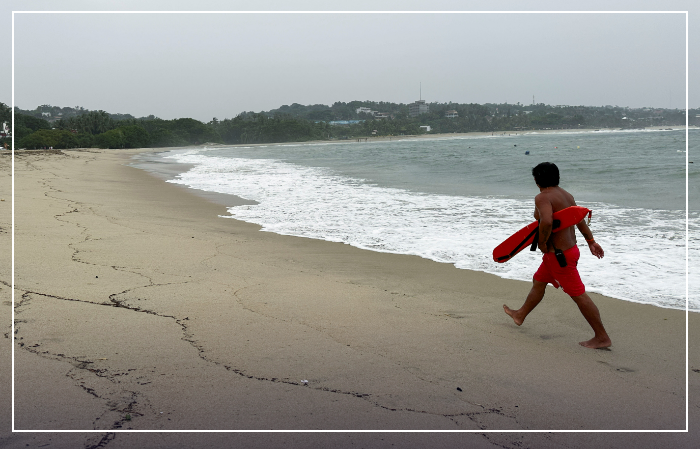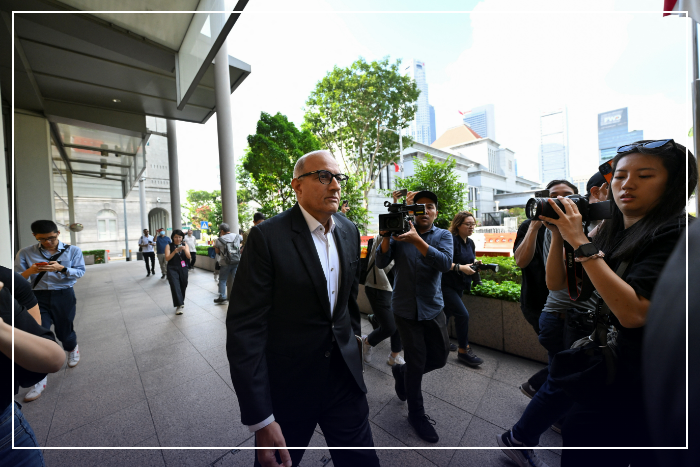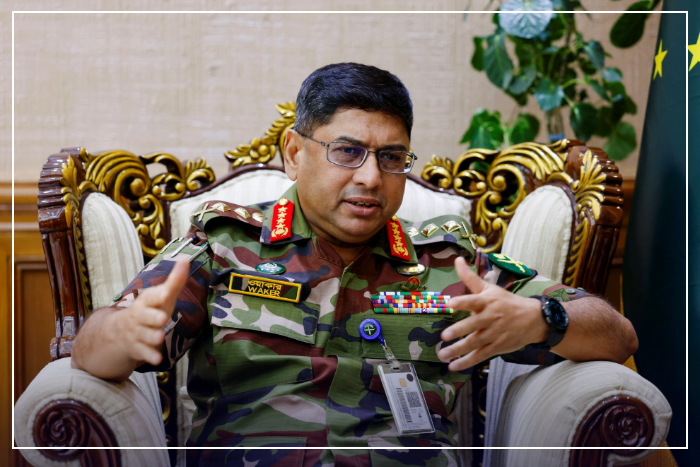BEIRUT/JERUSALEM, Sept 19 (Askume) – Israeli warplanes launched the heaviest attack on southern Lebanon in nearly a year of war late on Thursday, escalating fighting between Israel and Lebanese armed group Hezbollah and prompting calls for restraint by all sides.
The White House said a diplomatic solution was possible and could be reached immediately, while Britain called for an immediate ceasefire between Israel and Hezbollah. White House spokeswoman Karine Jean-Pierre said at a press conference that the United States was “appalled and concerned about potential escalation.”
The bombings intensified earlier this week after Lebanon and Hezbollah accused Israel of blowing up Hezbollah radios and pagers, leaving 37 people dead and nearly 3,000 injured in Lebanon.
The Israeli military said its warplanes carried out strikes over more than two hours against hundreds of rocket launchers in southern Lebanon that were set to be fired into Israel immediately in an operation late Thursday.
Lebanon’s state news agency NNA said more than 52 air strikes were carried out in southern Lebanon just after 9 pm (1800 GMT). Three Lebanese security sources said it was the worst air raid since the conflict began in October.
There is no news of any casualties.
The Israeli military vowed to continue its attacks against Hezbollah and said strikes throughout the day on Thursday targeted nearly 100 rocket launchers and other targets in southern Lebanon.
Hezbollah leader Hassan Nasrallah said in a televised speech on Thursday that the bombings on Tuesday and Wednesday had “crossed all red lines.”
“The enemy is beyond all control, law and morality,” he said, adding that the attacks “could be considered a war crime or a declaration of war.”
Israel has not commented directly on the pager and radio bombings, which security sources say were likely carried out by its Mossad spy agency, which has a long history of carrying out sophisticated attacks on foreign soil.
Lebanon’s mission to the United Nations said in a letter to the Security Council on Thursday that Israel detonated the devices through electronic messages and explosives before they reached Lebanon, consistent with theories that have circulated since the blasts.
The 15-member Security Council will meet on Friday to discuss the bombings. Lebanon’s Prime Minister Najib Mikati called on the Security Council to take a firm stance to stop Israel’s “aggression” and “technological warfare.”
Israel vows to make Hezbollah pay ‘increasing price’
As Nasrallah broadcast, the deafening roar of Israeli warplanes rocked Beirut. This sound has become common in recent months but has become even more important as the threat of all-out war grows.
Israeli Defense Minister Yoav Galant said on Thursday that Israel would continue military operations against Hezbollah.
“This new phase of the war brings important opportunities as well as significant risks. Hezbollah feels it is being oppressed and military operations will continue,” Galante said in a statement.
Galante said, “Our goal is to ensure the safe return of northern Israeli communities to their homes. As time goes on, Hezbollah will pay an increasing price.”
According to a news report by Israeli Channel 13, Prime Minister Benjamin Netanyahu called his closest ministers to discuss the matter.
Two Israeli soldiers were killed in fighting in northern Israel on Thursday, the Israeli military said.
‘A huge, massive blow’
On 7 October, the day after a cross-border attack by the Palestinian militant group Hamas, Hezbollah fired missiles at Israel, beginning the Gaza War.
The firing continued after this. Although neither side has allowed it to turn into a full-scale war, it has led to the evacuation of thousands of people from the border areas on both sides.
Nasrallah said Hezbollah hoped Israeli forces would move into southern Lebanon because it would create a “historic opportunity” for the Iran-backed group.
He said no military escalation, killings, massacres or all-out war would prevent Israeli settlers from returning to the border areas.
According to state media, Iran’s Revolutionary Guard commander Hossein Salami told Nasrallah on Thursday that Israel would face a “harsh response from the axis of resistance,” referring to the Iran-backed coalition of militant groups that includes the Allah Party, Yemen’s Houthis, Hamas and armed groups in Iraq and Syria.
US Secretary of State Antony Blinken, speaking in Paris, urged all sides to exercise restraint and said he did not want to see either side take action that would make a ceasefire in Gaza more difficult.
Hezbollah’s attacks on communications equipment spread fear across Lebanon, with people abandoning their electronic devices for fear of bombs hidden in their pockets .
Nasrallah said thousands of pagers were targeted simultaneously, with some blasts hitting hospitals, pharmacies, markets, shops and streets packed with civilians, women and children.
Israel says the conflict with Hezbollah, like its war with Hamas in Gaza, is part of a broader regional confrontation with Iran, which supports both groups as well as armed movements in Syria, Yemen and Iraq.
Israel has been accused of several killings, including a bombing in Tehran in July that killed a Hamas leader and another in a Beirut suburb that killed a senior Hezbollah commander.

